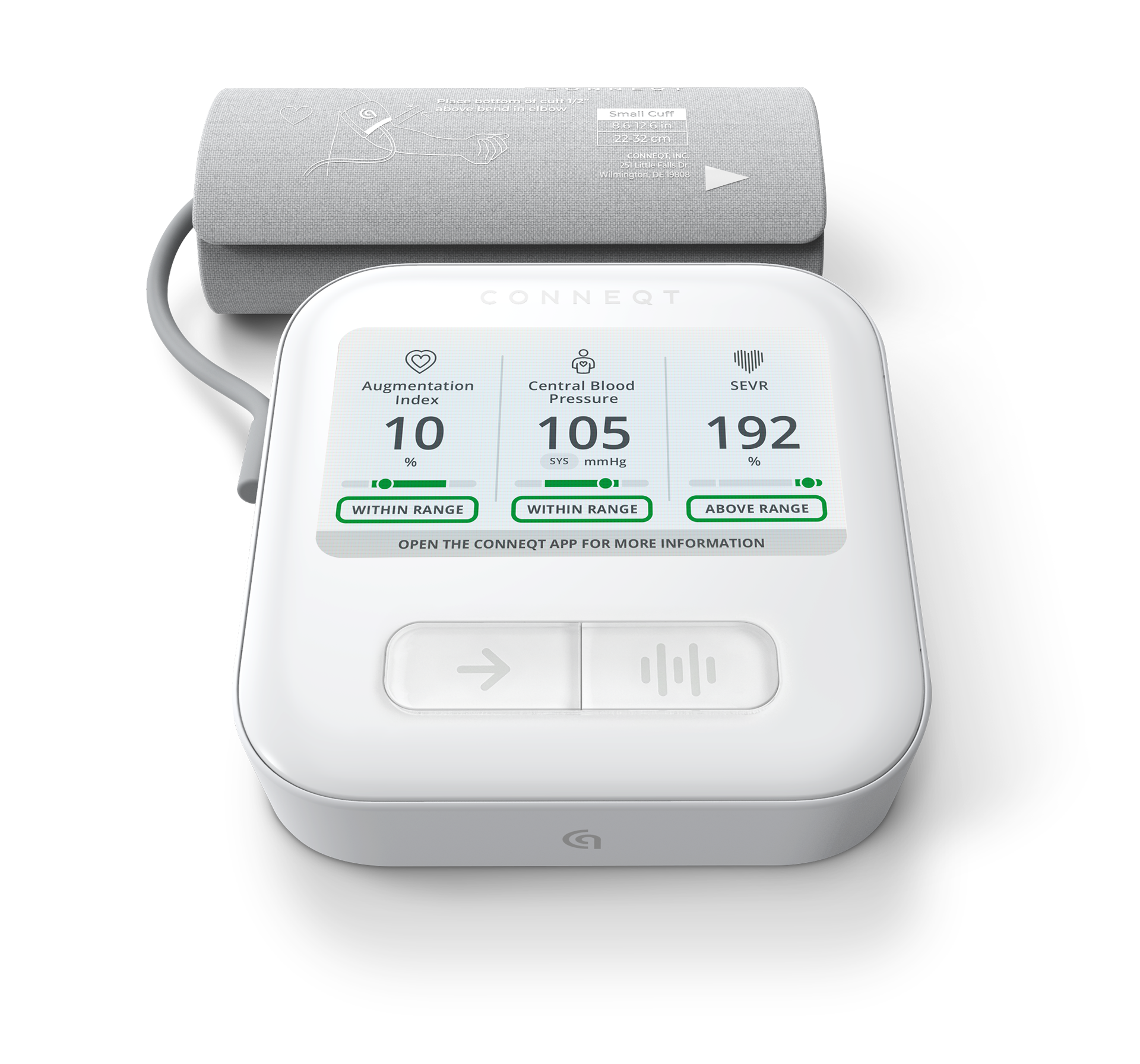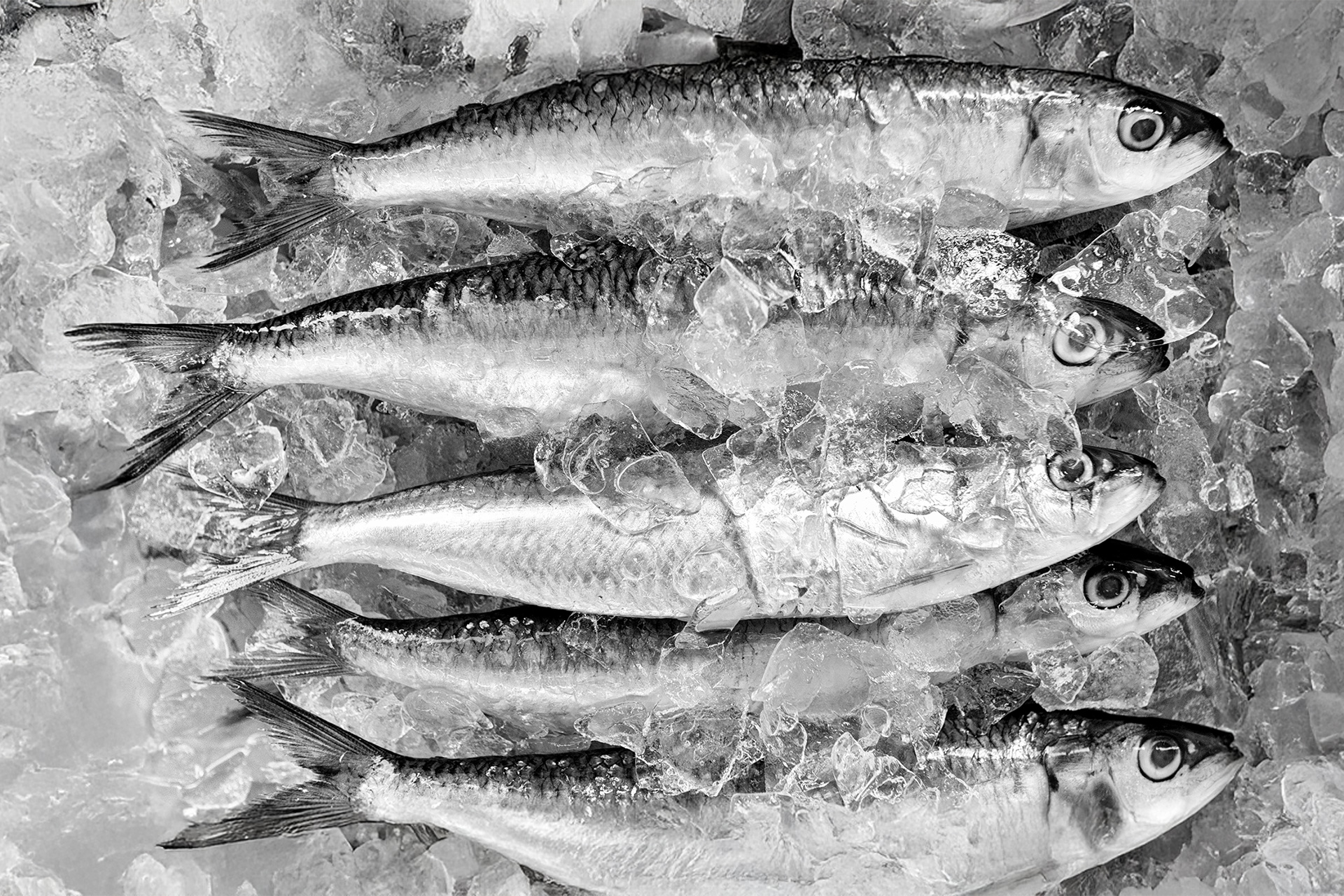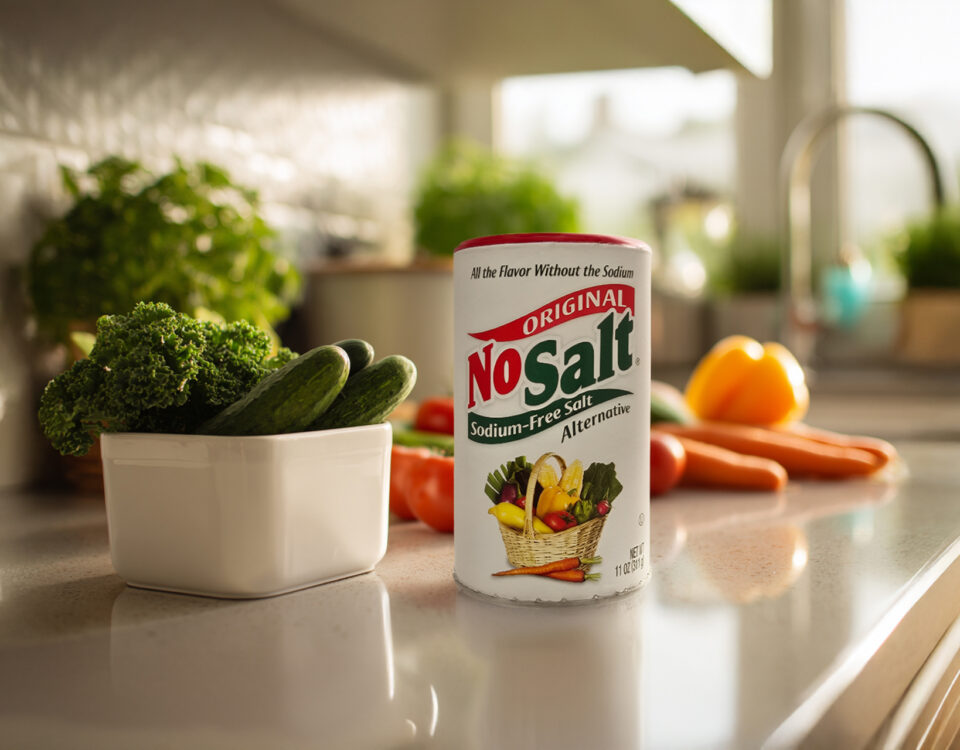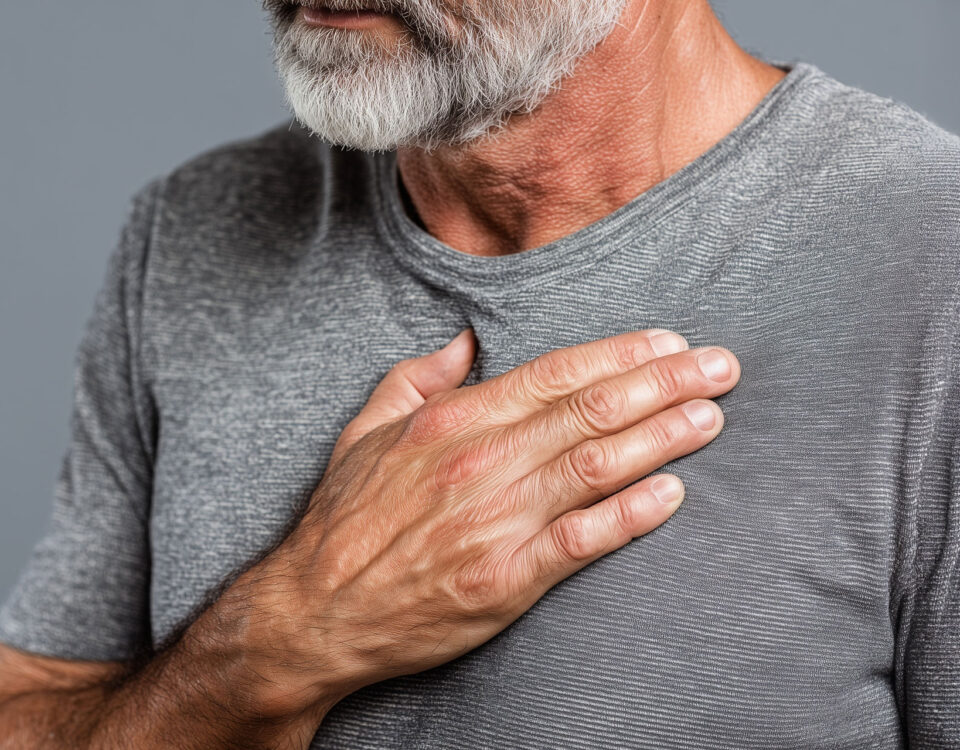Of all my memories growing up, spending time with my grandmother in Whangarei, in the northland of New Zealand, stands out. My parents used to put us on an unaccompanied 3-hour bus ride to stay with her when they needed a break from raising three Kiwi boys—and it was like being at camp. Candy, terrorizing the neighborhood, learning Mahjong, knitting (yes, knitting!), climbing trees, skateboarding—basically just running wild.
And then there was the food. Aside from the candy she cleverly kept just out of reach—perched on a stool so my brothers and I couldn’t get to it—our meals were a hearty mix of classic Kiwi fare. Think home-cooked meat and vegetables, and the breakfast staple she introduced me to (not that I had a choice!): sardines. While most of my friends were chowing down on bacon and eggs, I was starting my day with sardines—or her other go-to, cold baked beans squashed onto toast.

Measure what matters
Save 20% on checkout with code VITALITY
Fast forward 50 years, and I’m having a full biomarker and nutritional profile done by the head nutritionist for Red Bull—the guy who looks after their professional athletes. Twenty vials of blood and a report that came back as thick as a Jack Reacher novel. Comparing the amount of data in my report to what you get from a standard GP blood work-up was like comparing an instruction manual to build a model airplane to one to build a 747. I spent days devouring it like it was a superfood.
When I eventually had a follow-up consultation, the first thing out of his mouth was: “You know you have the best omega-3 profile of anyone I have ever tested—ever. What do you take?”
“Well, I do eat a lot of sardines,” I said.
In fact, I went on to say that when I travel in the Greek Islands in summer, some weeks that is pretty much ALL I live on—lunch and dinner – “small fish” (as they’re known) and salads. I think my longest stretch in Greece a few years back was 17 days living on just that! Back home in California, I eat one or two non-BPA cans of Sea Tales sardines every day – although, if you believe the media, apparently I eat quite a lot more than that. So I have my grandmother to thank for that.
Sardines contain good, very good, and excellent amounts of at least a dozen important nutrients, especially for men’s health—and they’re my #1 dietary staple, keeping me strong and thriving forward.
A 3.2-ounce (91g) serving of Atlantic sardines (in water, with bones) provides approximately the following % Daily Values (DV):
- Vitamin B12: 337.9%
- Selenium: 86.9%
- Phosphorus: 63.5%
- Omega-3 Fatty Acids (EPA + DHA): 60.8%
- Protein: 44.6%
- Vitamin D: 43.7%
- Calcium: 34.6%
- Vitamin B3 (Niacin): 29.7%
- Iodine: ~24%
- Copper: 18.8%
- Vitamin B2 (Riboflavin): 16.1%
- Choline: ~16%
- Iron: ~13–15%
- Magnesium: ~9–10%
- Potassium: ~6–8%: Helps control blood pressure and fluid balance (note: sardines are not a major source)
- Zinc: ~6–7%
- Vitamin E: ~4–5%
- Vitamin K2 (MK-4): Trace amounts
- CoQ10 (Coenzyme Q10): Naturally occurring
These nutrients (as well as others) are the makings of a perfect superfood for men.
Here’s why.
Heart Health
- Omega-3 fatty acids EPA and DHA help lower triglyceride levels, improve blood vessel function, and support healthy circulation.
- Omega-3s also help prevent excessive blood clotting and assist arteries in dilating and relaxing, maintaining normal blood pressure.
- Vitamin B12 keeps artery-damaging homocysteine levels in balance.
- Selenium supports healthy blood vessels and heart function.
- Phosphorus helps regulate heart rhythm.
- Calcium supports healthy blood pressure and heart muscle contraction.
- Potassium also plays a role in regulating blood pressure (though sardines are not a major source).
- Vitamin B3 (niacin) helps manage cholesterol and blood pressure.
- Copper contributes to heart rhythm and cholesterol regulation.
- CoQ10 supports mitochondrial energy production and cardiovascular health.
Bone Health
- Sardines provide excellent amounts of vitamin D, crucial for bone strength.
- They are also rich in calcium and phosphorus, essential for bone density and structure.
- Vitamin D aids calcium absorption; phosphorus strengthens the bone matrix.
- Vitamin K2 helps direct calcium to bones instead of arteries.
- Insider tip: Choose sardines with bones for maximum calcium. The bones dissolve easily when eaten.
Sexual Health / Erectile Dysfunction
- Vitamin B12 can significantly improve sperm count and motility, especially in men with low levels.
- Omega-3s enhance blood flow, supporting erectile function.
- Phosphorus supports energy metabolism, which is essential for sexual health and sperm vitality.
- Zinc supports testosterone, immune function, and reproductive health.
Muscle Health
- Omega-3s promote lean muscle gain and fat loss.
- Sardine protein helps build and repair muscle tissue.
- Phosphorus and B vitamins support muscle contractions.
- Calcium and riboflavin aid in muscle tone and recovery.
- Choline, magnesium, and iron support muscle and nerve function.
Brain Health
- DHA (a type of omega-3) is vital for memory, cognition, and brain speed.
- Omega-3s protect against age-related mitochondrial dysfunction.
- Vitamin B12 supports serotonin and melatonin production (mood + sleep), particularly in those with a deficiency.
- Phosphorus deficiency is linked to cognitive decline.
- Iron supports oxygen delivery to the brain and helps sustain mental energy.
Prostate Health
- Omega-3s may reduce the risk and growth of prostate cancer cells.
- Vitamin D (especially in its active form) can suppress inflammation and inhibit tumor growth.
- Lycopene (in sardines with tomato sauce) reduces oxidative stress and PSA (Prostate Specific Antigen) levels.
By the way, worried about mercury? Don’t be.
Sardines are one of the safest fish you can eat when it comes to mercury exposure. Because they’re small, short-lived, and low on the food chain, they don’t accumulate toxins like larger fish such as tuna or swordfish. That means you get all the benefits of nutrient-rich seafood—without the heavy metal baggage.
The older I get, the more I appreciate what this little fish does—keeping my heart pumping, brain sharp, muscles strong, and everything else running smoothly.
Canned sardines are convenient, especially in non-BPA cans. Or grill them fresh if you can get them from a local fish supplier.
They might be an acquired taste—but even my wife, who avoided them for years, now finds herself reaching for them at breakfast or for a lunchtime snack.
Longevity isn’t about short-term hacks—it’s about consistently good habits. And this one’s been part of mine since I was a kid.






